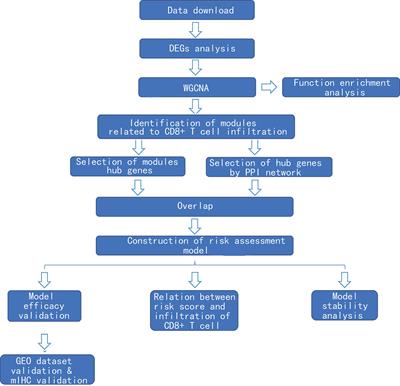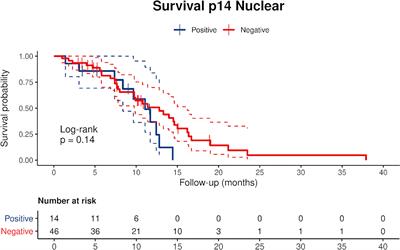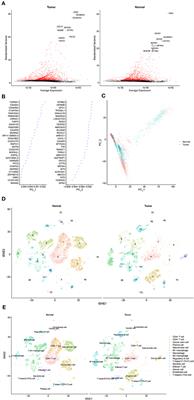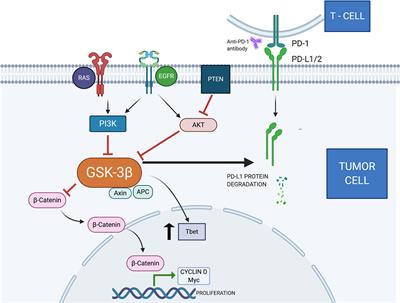EDITORIAL
Published on 10 Mar 2022
Editorial: Understanding the Interplay Between the Tumor Immune Microenvironment and Genetic Alterations in Thoracic Malignancies
doi 10.3389/fonc.2022.871544
- 905 views
17k
Total downloads
55k
Total views and downloads
EDITORIAL
Published on 10 Mar 2022
REVIEW
Published on 07 Jan 2022

ORIGINAL RESEARCH
Published on 28 Sep 2021

ORIGINAL RESEARCH
Published on 08 Jul 2021

MINI REVIEW
Published on 24 Jun 2021

REVIEW
Published on 23 Jun 2021

REVIEW
Published on 21 Jun 2021

MINI REVIEW
Published on 11 Jun 2021

REVIEW
Published on 27 Apr 2021

ORIGINAL RESEARCH
Published on 22 Mar 2021

ORIGINAL RESEARCH
Published on 22 Mar 2021

ORIGINAL RESEARCH
Published on 09 Mar 2021

